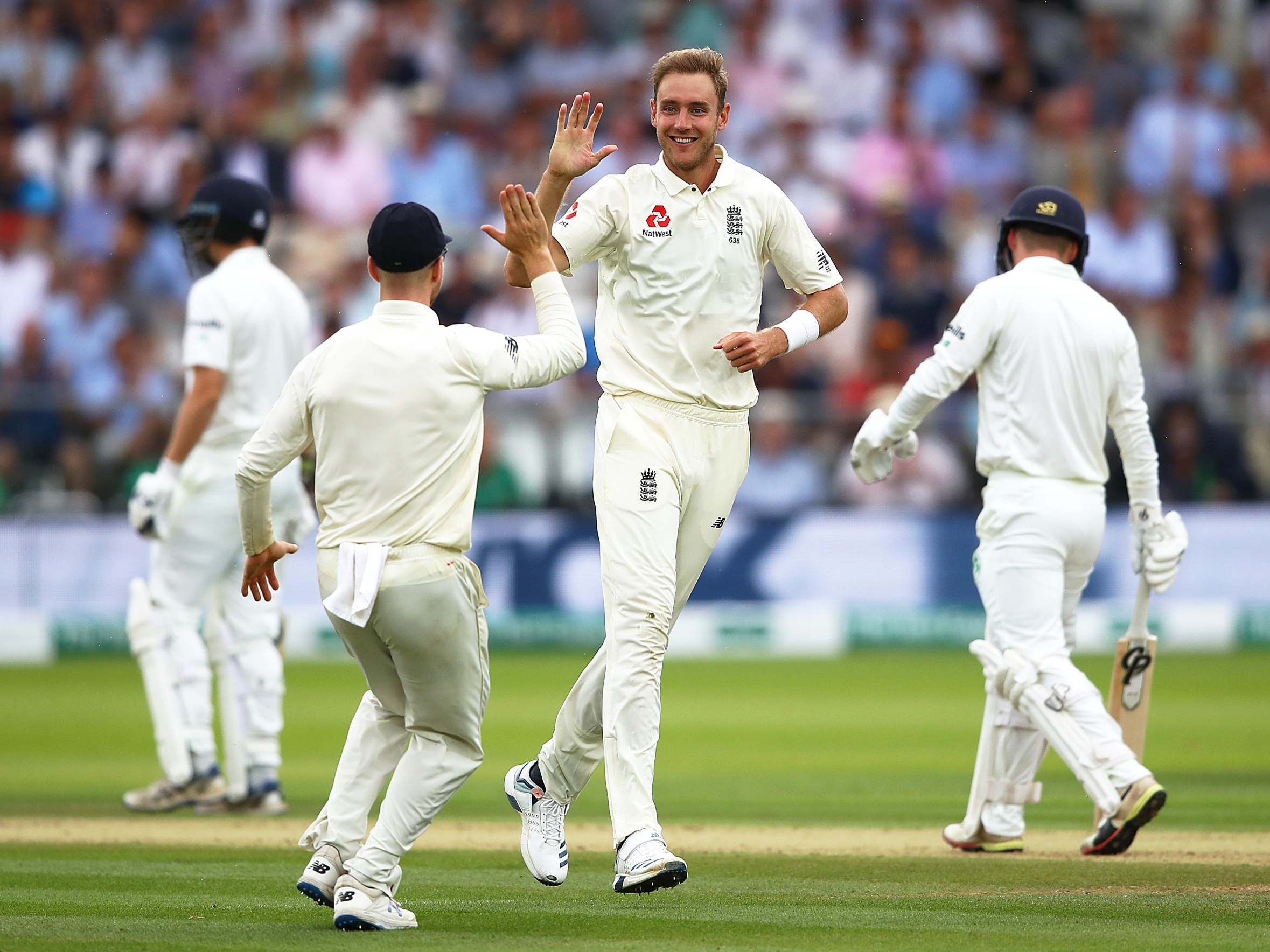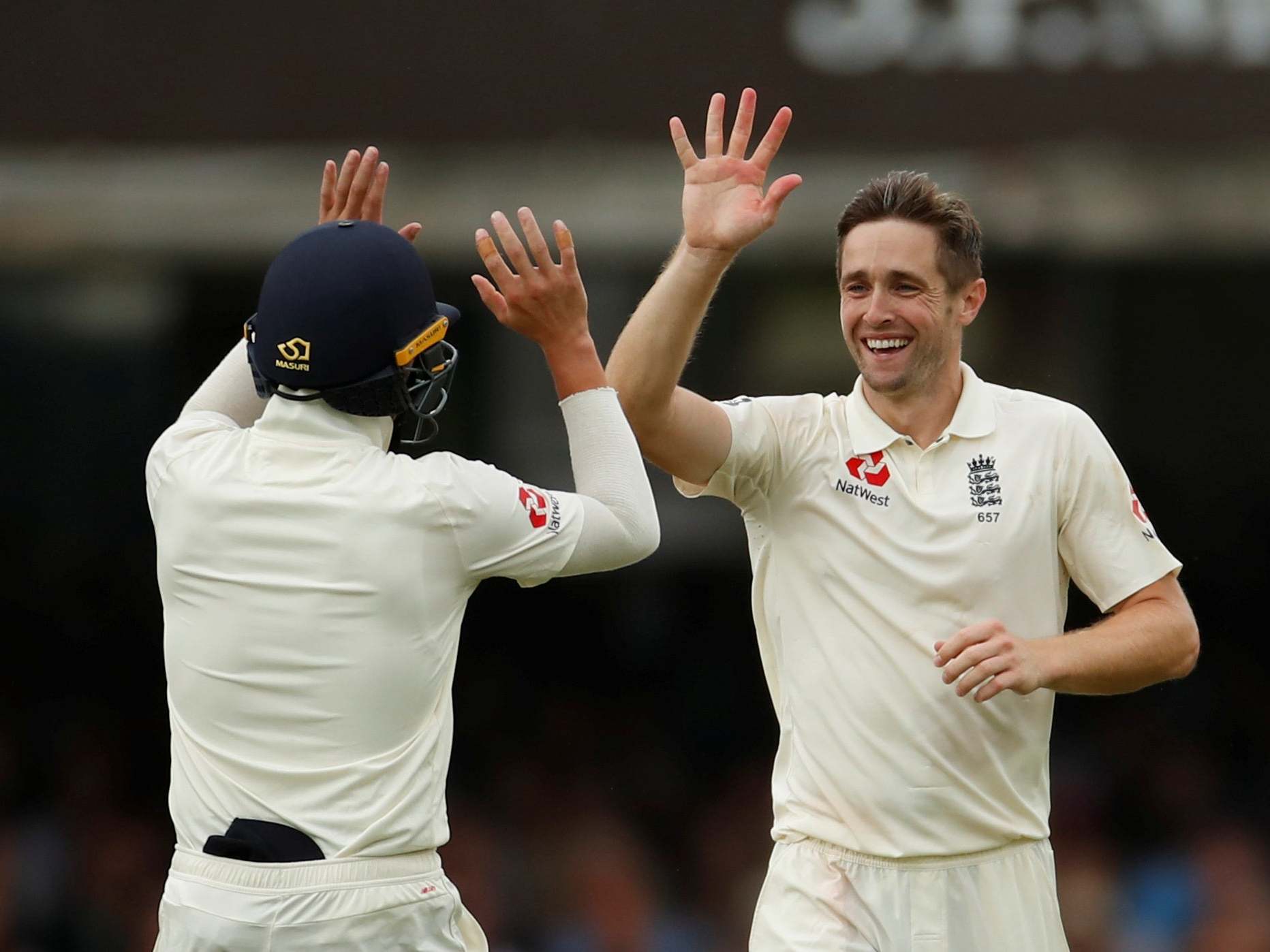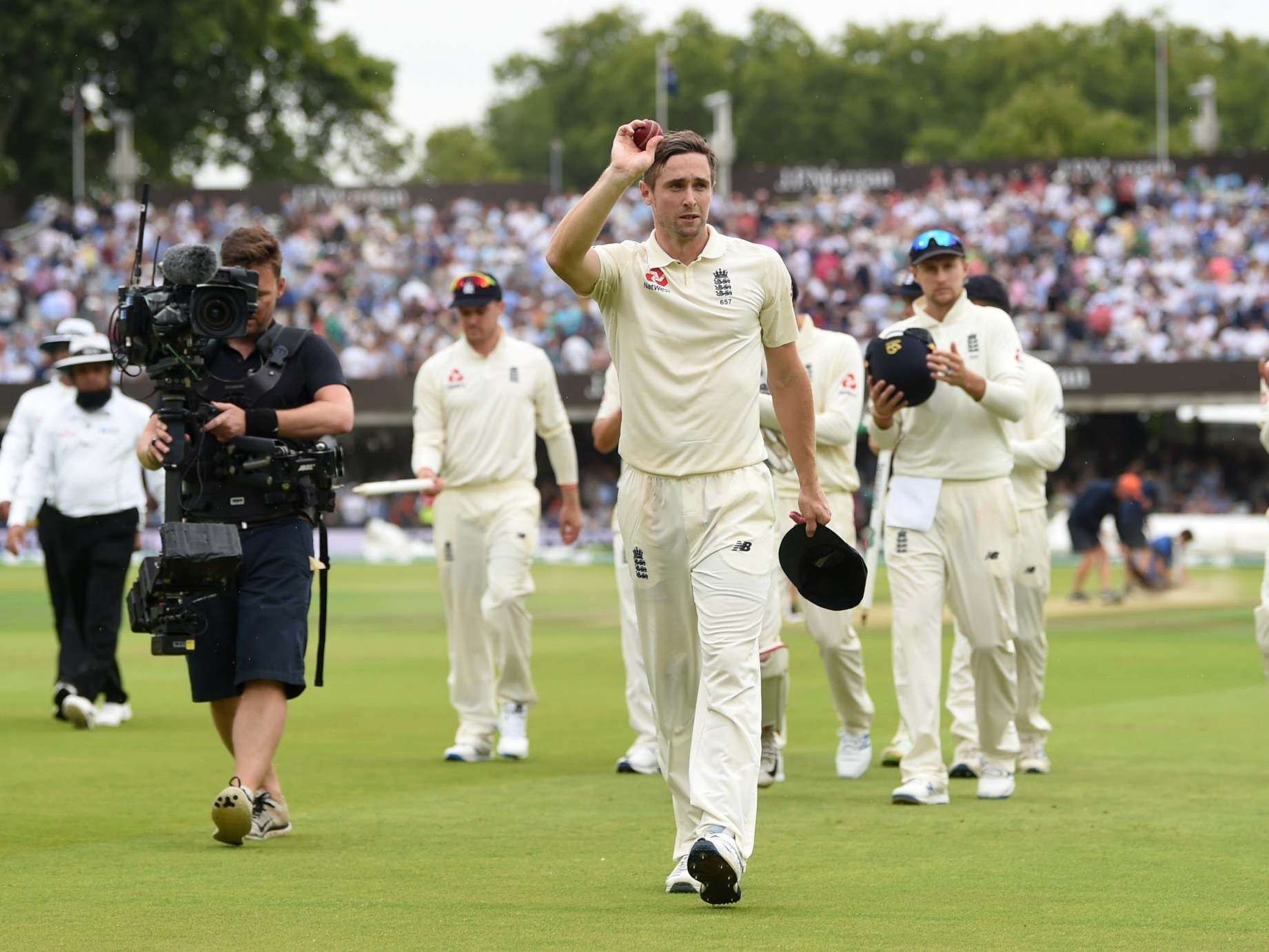England vs Ireland: Joe Root’s side avoid catastrophe but questions remain with Australia lying in wait
England (85 & 303) beat Ireland (207 & 38) by 143 runs: The hosts avoided the ignominy of losing to the Test game's youngest nation but have plenty to work on with the Ashes on the horizon

Your support helps us to tell the story
From reproductive rights to climate change to Big Tech, The Independent is on the ground when the story is developing. Whether it's investigating the financials of Elon Musk's pro-Trump PAC or producing our latest documentary, 'The A Word', which shines a light on the American women fighting for reproductive rights, we know how important it is to parse out the facts from the messaging.
At such a critical moment in US history, we need reporters on the ground. Your donation allows us to keep sending journalists to speak to both sides of the story.
The Independent is trusted by Americans across the entire political spectrum. And unlike many other quality news outlets, we choose not to lock Americans out of our reporting and analysis with paywalls. We believe quality journalism should be available to everyone, paid for by those who can afford it.
Your support makes all the difference.A game of calamities and curiosities that ultimately ended - for Ireland at least - in catastrophe. Bowled out for just 38 in 94 balls and barely an hour’s play, they will remember their first Lord’s Test with pride and fondness, but ultimately a bitter aftertaste. The final blow was struck by Chris Woakes shortly before 2pm, and had it not been for the rain on Thursday evening that also delayed the start of Friday’s play, this would have been England’s first two-day Test match since 2000.
For Joe Root’s side, however, the overwhelming emotion was not of satisfied triumph but of a certain relief. Their new-ball attack of Woakes (6-17) and Stuart Broad (4-19) may have bailed them out in defence of a theoretically jittery target of 182 - a score England had not successfully defended in more than two decades - but the indignity of being bowled out for 85 on the first morning will not be long forgotten. With Australia lying in wait at Edgbaston next Thursday, this is a team with far too many weaknesses to feel remotely bullish.
As for Ireland, the manner of their defeat will sting. And you could argue that there is perhaps a certain embarrassment being bowled out for Test cricket’s lowest total in almost a century. Even so, there was plenty of encouragement to be taken from the way they manoeuvred themselves into a winning position over the first two days. This was a big missed opportunity for them, even if they could scarcely have run into more conducive conditions for an English seam assault. The heat of Thursday had burned away spectacularly, to be replaced by cool hanging clouds, a moist surface and two bowlers with a point to prove.

Even after this rout, neither Woakes nor Broad will feel certain of turning out at Edgbaston next week. And ahead of their Ashes defence, pace bowling is perhaps the one area in which England can boast an embarrassment of riches. The return from injury of James Anderson and Jofra Archer will give them a genuine dilemma. Woakes or Broad? Or both, in a five-seamer attack with Root moving back up to No 3? Can Sam Curran be accommodated somehow? Or should Archer be kept in reserve for later in the series?
The batting, meanwhile, offers a very different sort of headache. Jason Roy’s second-innings counter-attack was a welcome fillip, but Rory Burns did little to advance his case and while Joe Denly top-scored in the first innings, there remains an element of ‘tallest dwarf contest’ to that particular statistic. Jonny Bairstow pair was hardly the best advert for his inclusion in this game, even if his sprawling low catch of Will Porterfield will have quietly weakened the case for Jos Buttler to take the gloves in all formats.

Bairstow’s inspired effort in the fourth over was in effect the reaction that set off the entire fission chain. Andy Balbirnie was next, edging Broad to slip, and by the time Woakes had clean bowled Paul Stirling and found the edge of James McCollum, Ireland’s trail had already gone stone cold. The lengths were superb, far better than on the first afternoon, and with the ball jangling either way off the stitches, no Ireland batsman had a sufficiently robust technique to cope.
As it turned out, McCollum was the only Ireland batsman to hit double figures. And for Test cricket’s 11th nation, the immediate future remains uncertain: this is their last international assignment of the year, and having been frozen out of the forthcoming World Test Championship, they will have to continue to subsist on a diet of occasional one-off Tests against barely-fussed opposition.

Shamefully, they are scheduled to play just seven in the next four years following Zimbabwe’s recent expulsion: none against Australia, India, Pakistan, South Africa, the West Indies or England. Their players will no longer be allowed to play county cricket as home-grown players, and so a long hard slog for recognition and relevance awaits them. Twas ever the case with Irish cricket, of course, and the unfortunate denouement notwithstanding, this was one of those weeks that makes all the heartache worth it.
Join our commenting forum
Join thought-provoking conversations, follow other Independent readers and see their replies
Comments